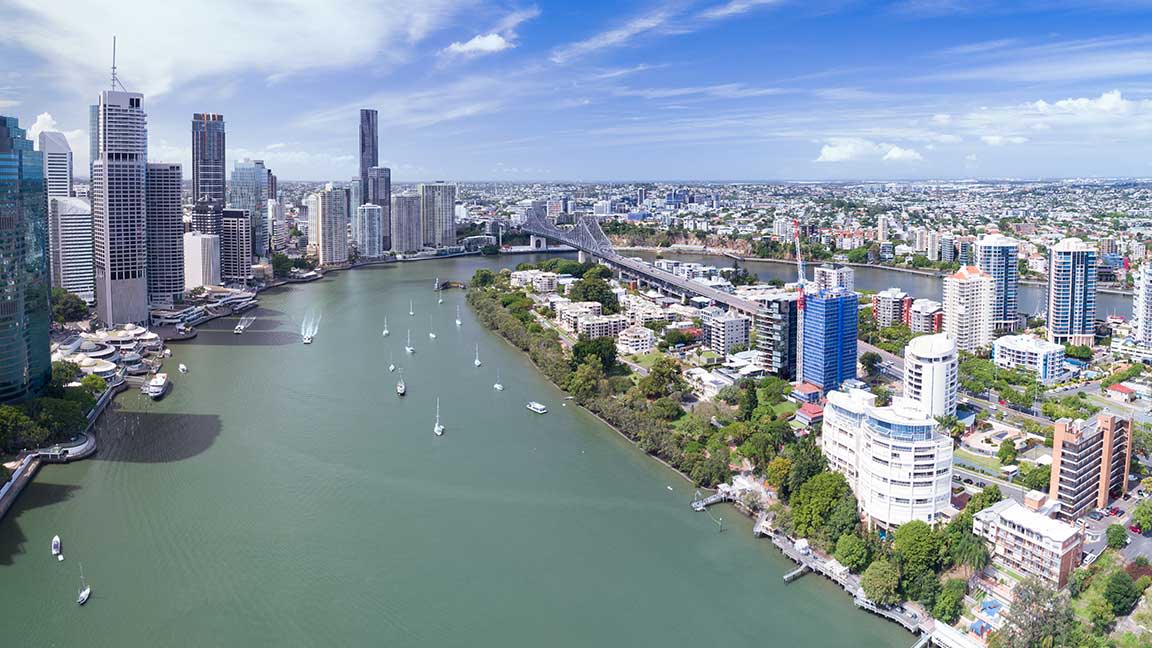Australia is the third most popular international student destination in the world. Australia is currently home to nearly 700,000 international students. Australia has a strong and consistent reputation for education across the world. They have one of
the world’s highest percentages of higher education qualified population. The country also continues to record high literacy and education rates. Australia boasts a world class education system, offering high quality education
for fair tuition fees.
There are 37 government funded universities located in Australia, and 2 private universities. You will also find a number of other specialist higher education institutions. There are 25 Australian institutions in the 2019 QS World University Rankings
top 500, 7 of which are in the top 100. The highest ranked of these is The Australian National University, which is placed at 24th. The next highest ranked are the University of Melbourne, which is placed at 39th, and the
University of Sydney, which is placed at 42nd.
Australia is one of the most welcoming and diverse countries. Almost half of the population were either born overseas or have at least one parent born overseas. There are over 260 languages being spoken in homes across Australia!
It will be a privilege to study and live within such a diverse society.
Australia is known for being the oldest, flattest and driest inhabited continent, and is a mega diverse country. This is due to its vast range of landscapes and habitats for plants and animals. As well as the rainforests, mountain ranges, and deserts,
there are also many modern and developed cities and towns. These cities are home to a variety of tourist attractions and facilities that will be enjoyable for many different people. You will find that you are able to live
a metropolitan life in the city, as well as taking in the beautiful scenery of the coast and inland areas.
Although Australia has no official language, its national language is English. You will also hear a variety of different languages being spoken throughout the country.
Most courses are taught in English, and it is likely that you will need to provide evidence of your English language proficiency as part of the entry requirements. The level of language proficiency will depend on where you
choose to study. If you do not meet the required standard for you course, it is common for institutions to offer English language courses to help you improve.





